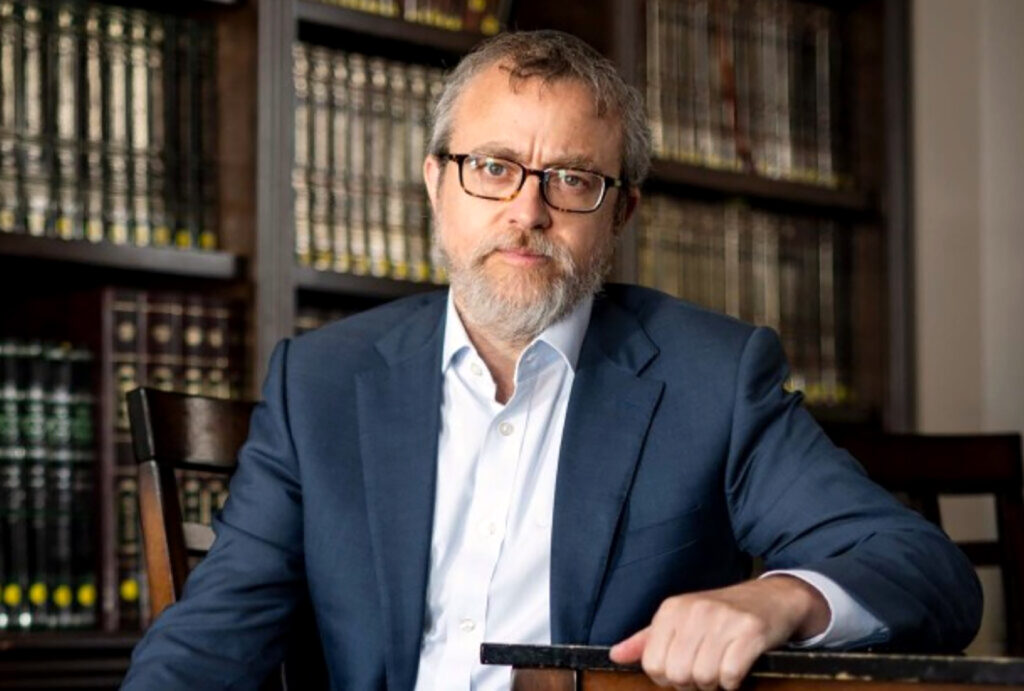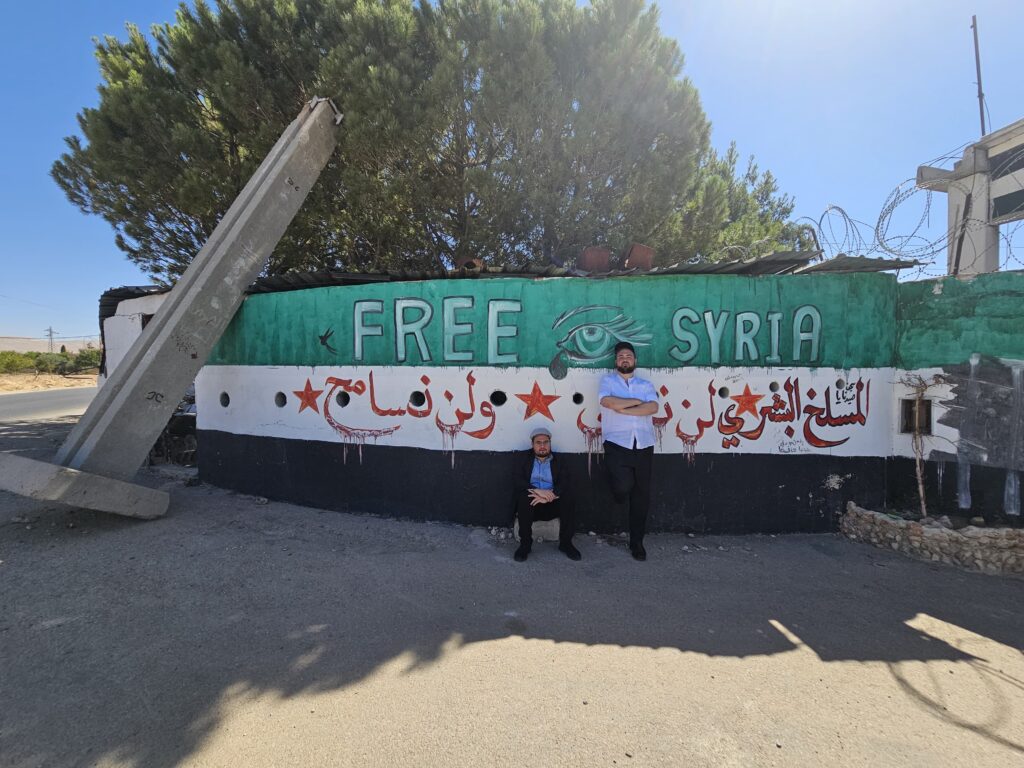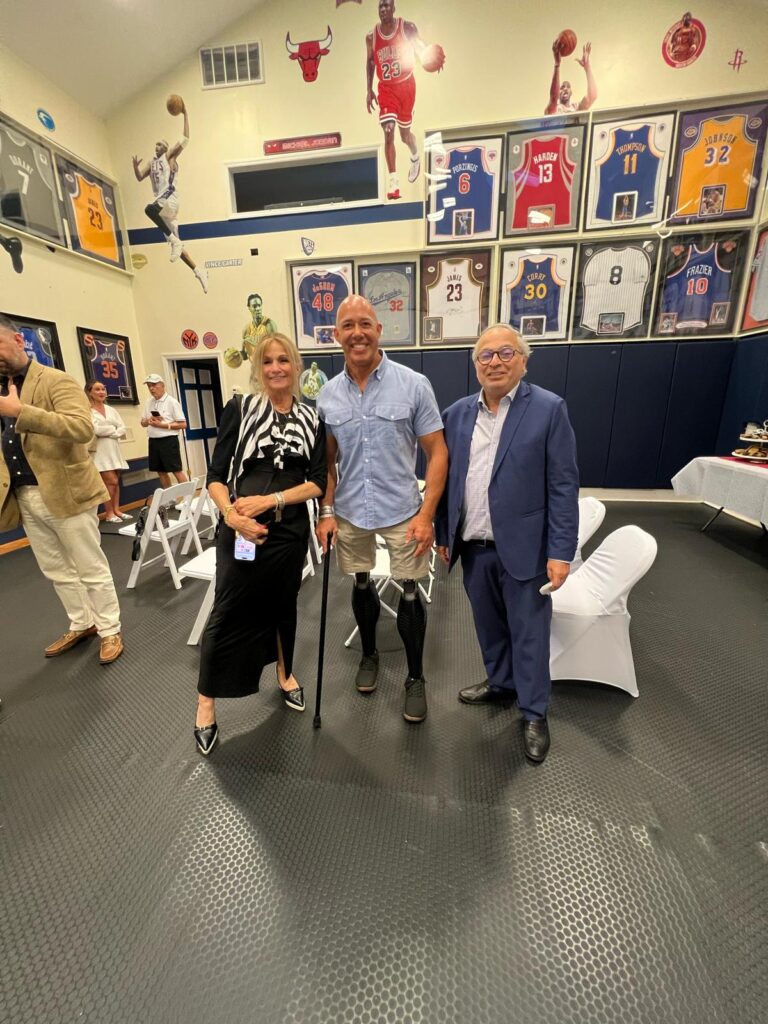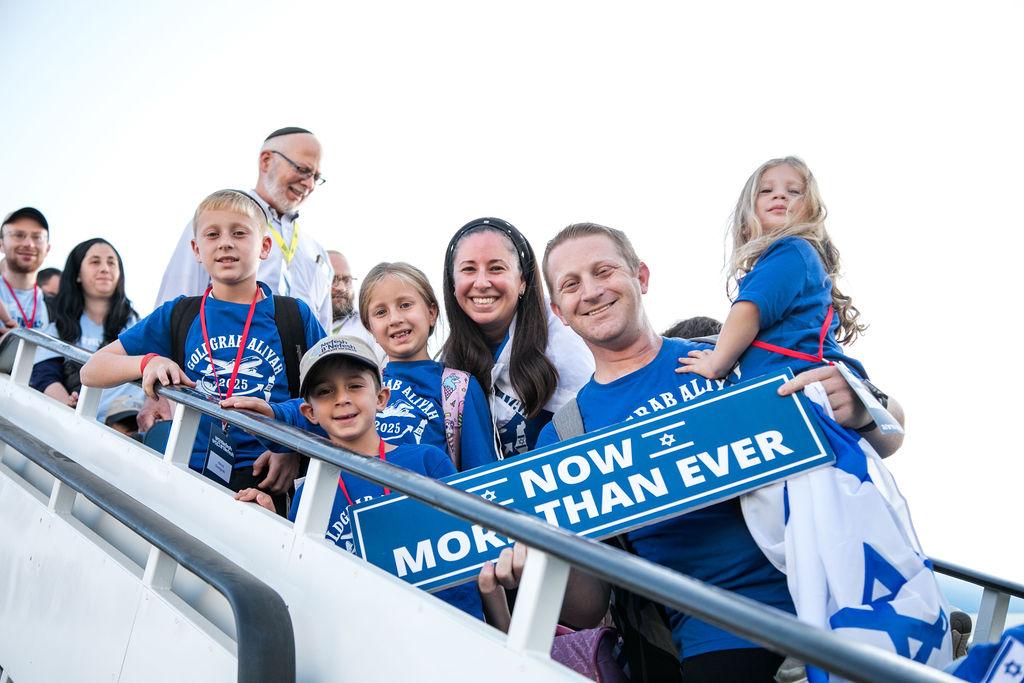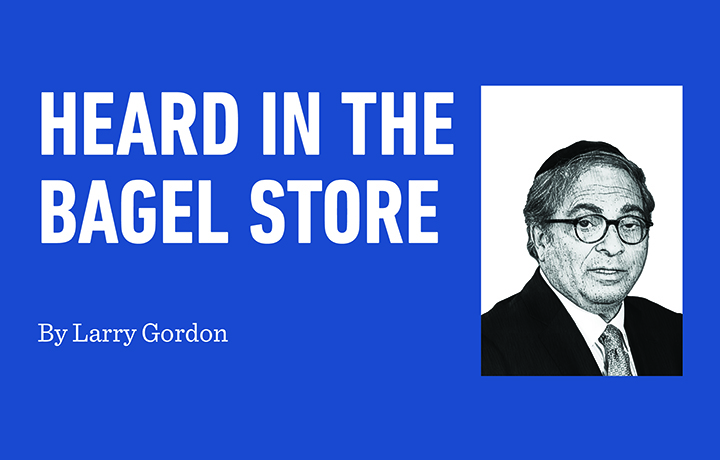The Case Against Harvard
By Larry Gordon
Deborah Lipstadt, the Biden administration’s former Special Envoy to Monitor and Combat Antisemitism, told CNN last Friday that the call to “Free Palestine” has now become a clarion call that encourages violence.
That has been made abundantly clear with the assassination of two employees of the Israeli embassy in Washington last week, who were fatally shot by a terrorist who shouted, “Free, Free Palestine” after the killings. We see in no uncertain terms that those three words have tragically come to mean: “Kill the Jews.
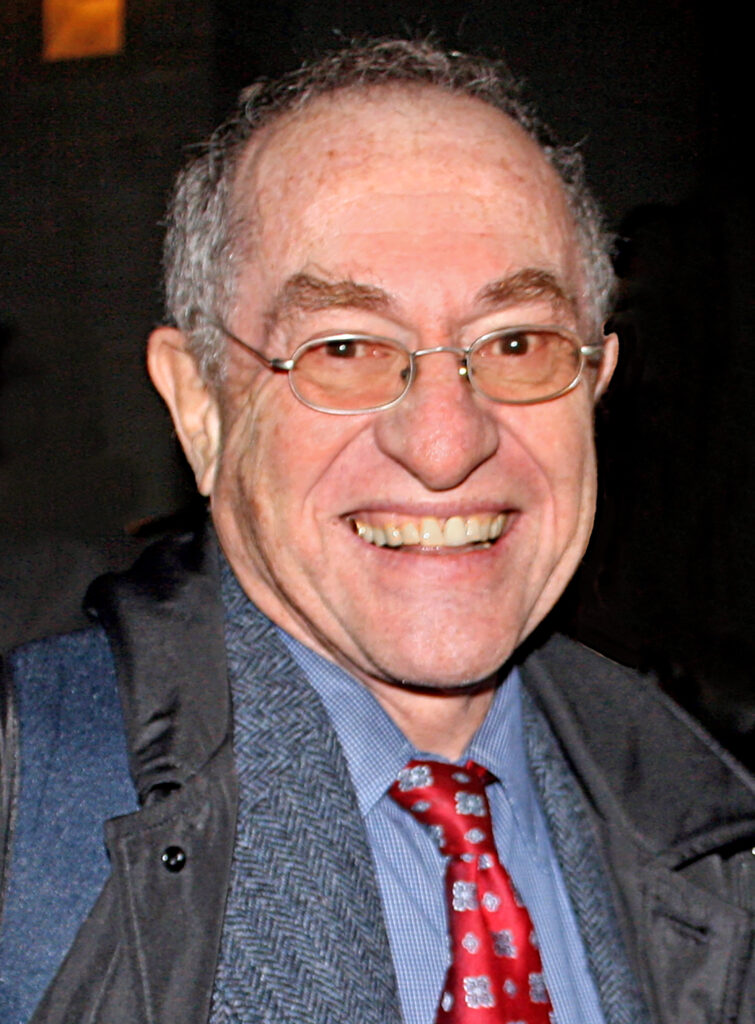
Alan Dershowitz. Credit Sage Ross
What was not too long ago a nationalistic and vague protest slogan has evolved into something far more deadly, with Ivy League and other universities actually encouraging students and protestors to continue with their dangerous incitement, which has become an implicit and almost outright call to murder.
Initially, the issue was framed as a First Amendment free speech issue, but what is the appropriate way for an institution to respond when this so-called exercise in free speech results in harassment and violence? Last year, when the former presidents of three Ivy League universities—Claudine Gay of Harvard, Liz Magill of UPenn, and Sally Kornbluth of MIT—testified before a House committee about antisemitism on college campuses, they faced an immediate backlash for equivocating when pressed if the calls for genocide against Jews violated their universities’ codes of conduct. The contentious exchange occurred between those university leaders and Congresswoman Elise Stefanik of upstate New York.
The responses of the three college presidents on the matter of racial incitement, likely coached by attorneys, were shocking: “It depends on the context.” One president went as far as to say that it doesn’t cross the line until the threat is actually acted upon. This suggests that at MIT or Harvard, a Jewish student would have to be physically assaulted or killed before a policy violation is recognized. Up to that point, it’s simply “free speech.”
Blocking Jewish students from reaching their classrooms or school libraries is a clear violation of federal law, specifically, Title VI of the Civil Rights Act of 1964. That law prohibits discrimination based on race, color, or national origin in programs or activities that receive federal funding.
The lax pace of enforcement of this law seems to have picked up only recently, but that’s because the harassment of Jewish students began largely under the complacent watch of the Biden administration, during whose tenure it became apparent that Civil Rights laws were applied less strictly to Jews than to other minorities.
Many of us who have observed these unconscionable and cowardly acts on campuses understood that the university presidents who looked the other way while Jewish students were being threatened and harassed that the Federal officials, including those in the Biden White House, would ignore these clear violations. In fact, it was Senator Chuck Schumer who advised Columbia University leaders to downplay or ignore the wave of antisemitic acts on campus.
Rabbi Hirschy Zarchi, the head Chabad shliach at Harvard, told me on Monday that now that graduation is over, things have quieted down somewhat. He noted that this past year saw an increase in the number of students, many of whom have little to no formal Jewish education, coming to the Chabad House for programs ranging from Shabbat services to Torah lectures to Friday night dinners.
“Not that we need it, but now we have 24-hour armed security to help our students feel safe while attending programs,” said Rabbi Zarchi.
Despite what you may hear in the news, Chabad is thriving in and around the Cambridge, Massachusetts campus. Rabbi Zarchi shared that Chabad currently operates six pre-school programs with 250 Jewish children enrolled—the largest program in the Boston area. Since October 7, he said, many young Jews have become more aware of their Jewish identity. That growing awareness, he added, is one of the reasons Chabad has maintained such a strong presence for so many years.
I asked Rabbi Zarchi if the pro-Hamas demonstrations and all the riots and expulsions on campus have contributed to this increased Jewish identity among students.
He confirmed that this was indeed the case. Ironically, the intense scrutiny Harvard has faced in the national media has had the secondary effect of making Jewish students suddenly aware of their heritage, prompted by the question of why their very identity provokes such outrage.
This broader story may only reach its conclusion when the Supreme Court weighs in on the legality of certain actions by President Trump. It’s difficult to understand how the Court would allow hundreds of judges across the country to interfere with the president’s foreign policy decisions.
The Court must also address the issue of deportations, which underlie many of the current campus protests. At present, Federal judges from many jurisdictions are issuing injunctions against Trump administration policies—sometimes temporarily, sometimes indefinitely.
I spoke with former Harvard Law Professor Alan Dershowitz earlier this week and asked for his thoughts on how President Trump is addressing antisemitism at Harvard. He said, “President Trump is right to go after Harvard the way he is.” As a world-renowned scholar and author, Dershowitz added, “As a world leader in education, Harvard should know better than to tolerate antisemitic activity on campus the way it has.”
However, Dershowitz is not entirely supportive of all of Trump’s recent moves. “I think it’s a mistake for Mr. Trump to try to ban all foreign students from attending Harvard. Such a policy would exclude not only students from hostile countries but also those from Israel and Jewish students from Europe.”
Dershowitz also expressed concern about the proposal to defund all medical and scientific research at Harvard, saying that such a move would punish not just the university but all of humanity, which benefits from its groundbreaking research.
Between now and the start of the summer recess, the Supreme Court is expected to issue several major decisions that will have significant consequences for the Trump presidency and great importance for the Jewish community. These rulings will influence how our country addresses the failure of federally funded institutions to protect Jewish students from discrimination and violence.
For that reason alone, we should be thankful that Donald Trump is in the White House and, unlike Joe Biden, is directing his administration’s full attention to this very serious issue. n
Read more of Larry Gordon’s articles at 5TJT.com. Follow 5 Towns Jewish Times on Facebook, Instagram, and Twitter for updates and live videos. Comments, questions, and suggestions are welcome at 5TJT.com and on Facebook, Instagram, and Twitter.





